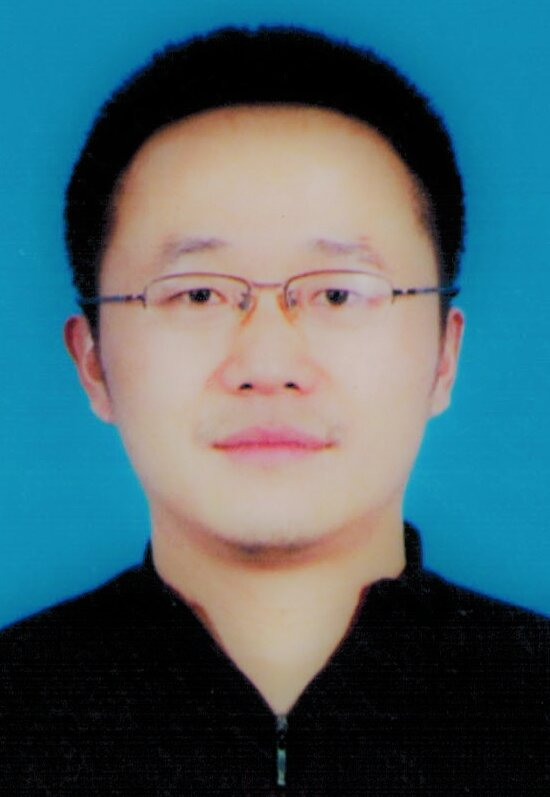
| KEYNOTE SPEAKER 1 |

· Prof. Yu Zhonggen · Faculty of Foreign Studies, Beijing Language and Culture University, China |
· Research Area: Linguistics, Language Education, Educational Technology
· Experience: Zhonggen Yu, Editor in Chief of Forum for Linguistic Studies,https://orcid.org/0000-0002-3873-980X, Professor (distinguished) and Ph.D. Supervisor in Department of English Studies, Faculty of Foreign Studies, Academy of International Language Services, National Base for Language Service Export, Beijing Language and Culture University, has already published over 180 academic papers in distinguished journals based on rich teaching and research experiences. His research interest includes Linguistics, Language Education, and Educational Technology.
· Speech title: A meta-analysis of eight factors influencing MOOC-based learning outcomes across the world
· Abstract:With the development of information technologies, many learners opt to stay home receiving various forms of online education such as massive open online courses (MOOC). However, many learners and instructors complain that MOOC-based learning effectiveness has been dampened by many factors. Through a meta-analysis using Stata/MP 14.0, this study reveals that MOOC-based learning outcomes can be significantly influenced by eight factors, i.e. behavior intention, learning engagement, students’ motivation, perceptions, satisfaction, performance, self regulation, and social networks across the world. Future research could reveal more influencing factors pivoting on the forum improvements, as well as the effect of social presence on MOOC-based learning outcomes.
| KEYNOTE SPEAKER 2 |

· Northwest Minzu University,China
|
· Research Area: Education, Linguistics
· Experience: I am a professor, doctor and master’s supervisor in the fields of high education and linguistics.
I began to work in School of Foreign Languages of Northwest Minzu University in 2007 after getting my master’s degree. In 2014 I was promoted to be Associate Professor. In October, 2015, I went to Utah State University as a visiting scholar and stayed there for one year. In 2018, I began to study for my doctor’s degree and in 2021 I got my doctor’s degree smoothly. In 2020, I was promoted to be professor. So till now, I have been doing research in the field of education and linguistics for many years. I’ve published more than thirty papers in the domains, five textbooks as the chief editor, and a monograph independently.
I also obtain many rewards and titles of honor: 2022 Gansu Young Teacher Achievement Award, 2021 Young Teacher Achievement Award of Northwest Minzu University, 2015 Top Ten Best Teachers of Northwest Minzu University, 2013 Top Ten Best Young Teachers….
· Speech title: Research on Foreign Language Smart Education under the Situation of Educational Integration and Innovation
· Abstract:The rapid development of internet and information technology strongly requires the integration and innovation of smart education and traditional education, which is also the inevitable trend of education and teaching reform. Smart education of a foreign language, has gradually become one of the concerns of scholars. The problems of foreign language smart education include knowledge barrier, data island, low utilization rate of smart classroom, disconnection between curriculum and smart foreign language teaching, lack of adaptive learning ability of students, and so on. Based on these problems, programs such as strengthening the construction of new liberal arts, opening the source achievements, sharing resources, setting personalized teaching, multi-interaction, and optimized model of smart foreign language teaching are put forward so as to better and more effectively carry out foreign language smart teaching.